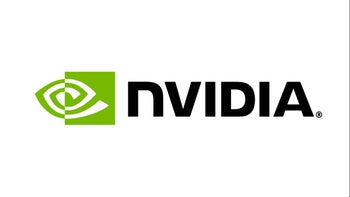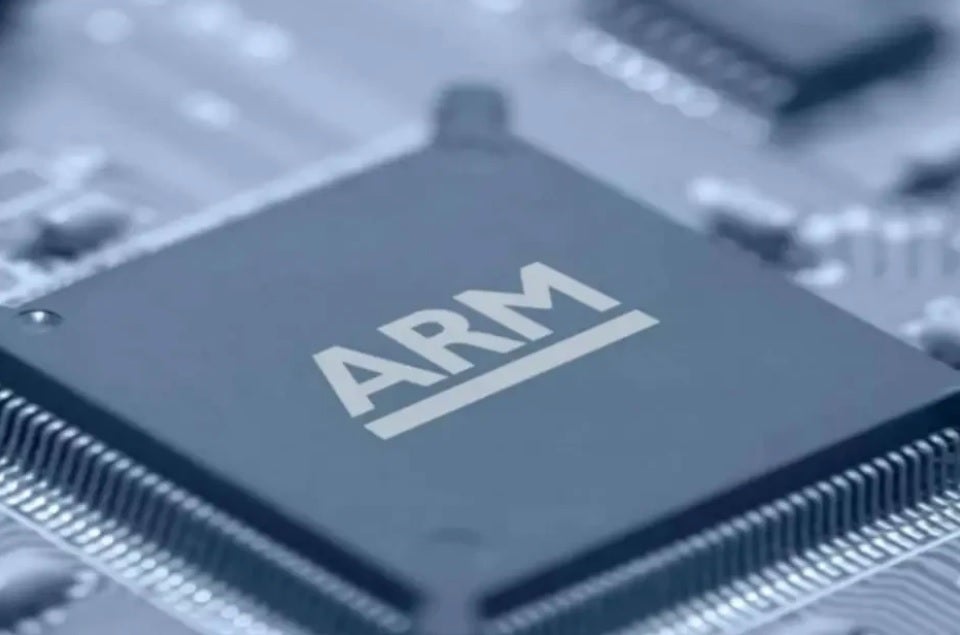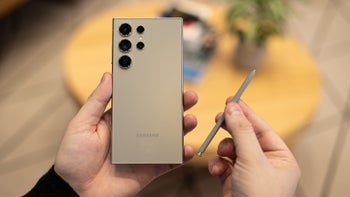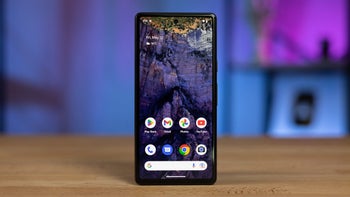At $40 billion, the largest takeover in semiconductor history is reportedly getting called off

Do you remember when Nvidia first announced plans to buy Arm Holdings for $40 billion? That was all the way back in September 2020 and the deal would have merged the world's top graphics chip designer Nvidia with number three Arm (which produces the Mali line of GPUs). But Arm's largest business is the design of CPU cores that are used in chips.
Arm's chip architecture is found inside 95% of the world's smartphones
As usual for a deal of this importance and size, several regulatory agencies have to sign off on the deal. And some firms like Qualcomm sought to put the kibosh on the deal. The San Diego-based chip designer was concerned that once Nvidia obtained Arm, it wouldn't allow the company to offer its CPU cores to other companies like Qualcomm. Arm's chip architecture is found in 95% of the world's smartphones, and more than 500 companies license Arm designs for use in their products.

It appears as though Nvidia is going to drop its $40 billion pursuit of Arm
Among the well-known tech firms that license Arm's chip architecture are Apple, Qualcomm, and Samsung (in alphabetical order). With those big-time tech firms on Arm's client list, it is no wonder that the deal would be the largest transaction in semiconductor history.
As a result, the roadblocks that have prevented Nvidia from closing the deal to purchase Arm might now be too insurmountable to climb. Bloomberg reported today that with this in mind, Nvidia is planning to pull out of the transaction which will prevent Japan's SoftBank from collecting a multi-billion profit. The latter purchased Arm for $32 billion and was in line to collect a nice profit had the deal closed.
Nvidia spokesman Bob Sherbin says, "We continue to hold the views expressed in detail in our latest regulatory filings -- that this transaction provides an opportunity to accelerate Arm and boost competition and innovation." Reportedly, a final decision has yet to be made by both Nvidia and Arm.
Bloomberg states that Nvidia has been quietly informing its partners that the deal is not going to close despite continued talks with regulators. The Federal Trade Commission (FTC) in the U.S., fearful that the deal would not be competitive, sued to block it. And the U.K. government decided to take a deep dive into the proposed transaction.
In China, the government is poised to block the deal if it gains approval in other countries. In some ways, this deal is similar to Qualcomm's attempted purchase of NXP Semiconductors for $44 billion. NXP's business focuses on automotive chips. All Qualcomm needed to get the deal done was approval from China, but after two years of waiting around for it, Qualcomm finally gave up.
These countries have yet to sign off on the Nvidia-Arm acquisition
Speaking of Qualcomm, earlier in this story we told you that the company hoped to have Nvidia's purchase of Arm blocked. And a group consisting of Qualcomm, Apple, Intel, Microsoft, and Amazon believe that together they can talk regulators into rejecting the transaction. The U.S., U.K., the European Union, and China still need to approve it.
Nvidia's Chief Executive Officer Jensen Huang has created the most valuable U.S. company in the semiconductor industry as Nvidia's shares have a market cap of more than half a trillion dollars. A company that large should be able to thrive even if the deal doesn't go through. Sanford C. Bernstein analyst Stacy Rasgon writes in a research note, "While owning the asset could have been wonderful, we don’t believe they had to have it either."
Nvidia was hoping to use the deal as an impetus to push into data-center chips. But the analyst says that Nvidia "presumably can and will" continue their efforts to run their business alone without requiring help from Arm.










Things that are NOT allowed: